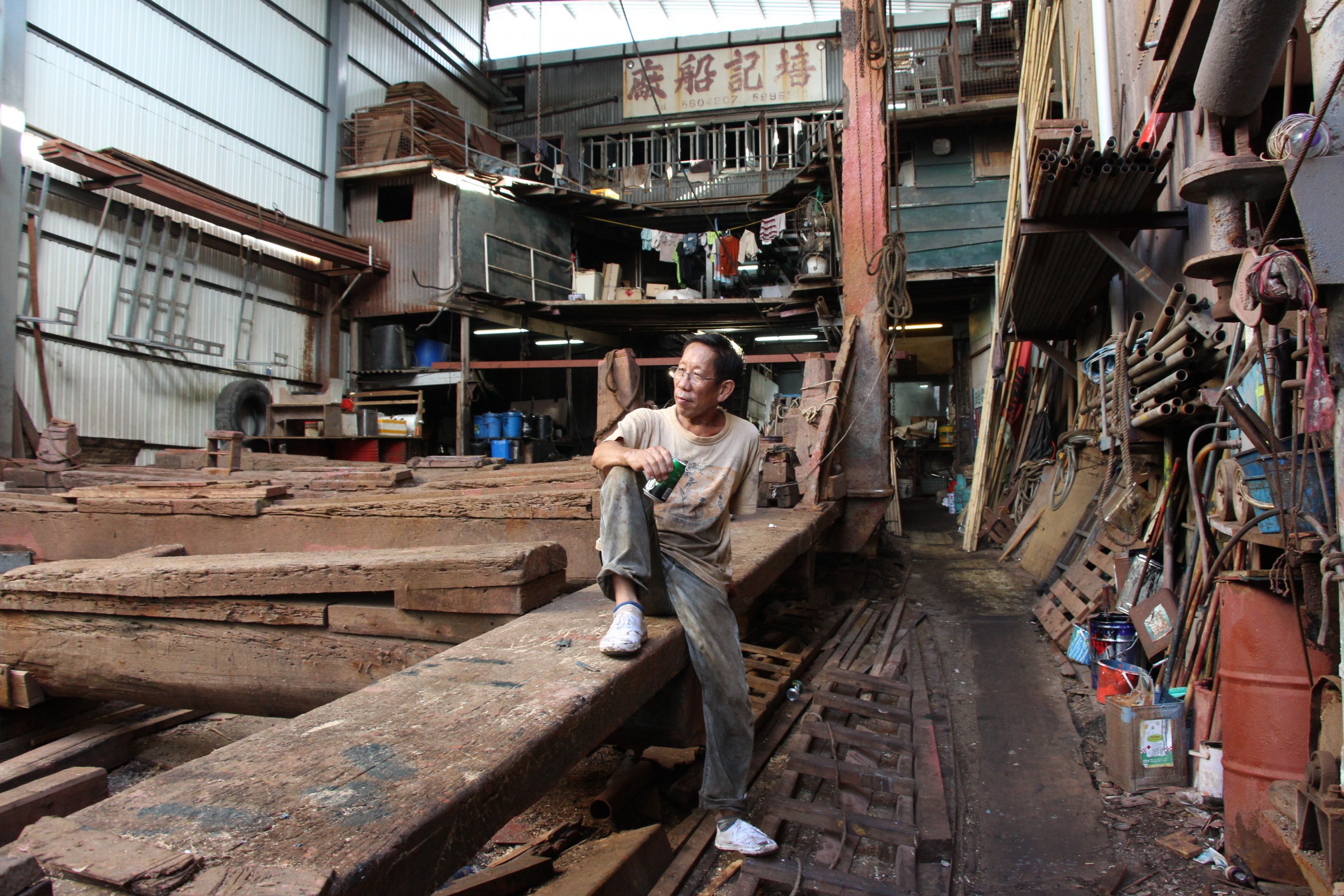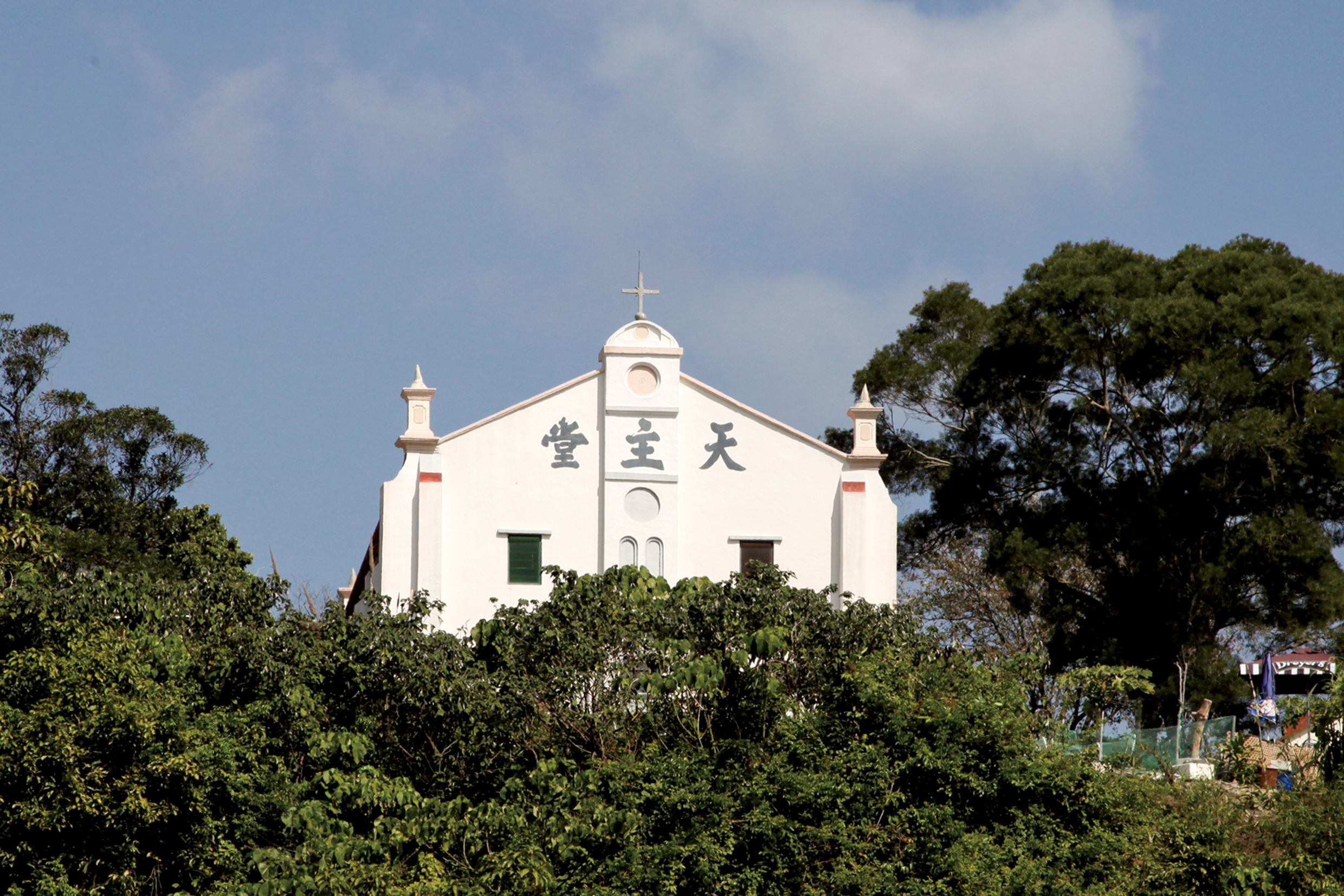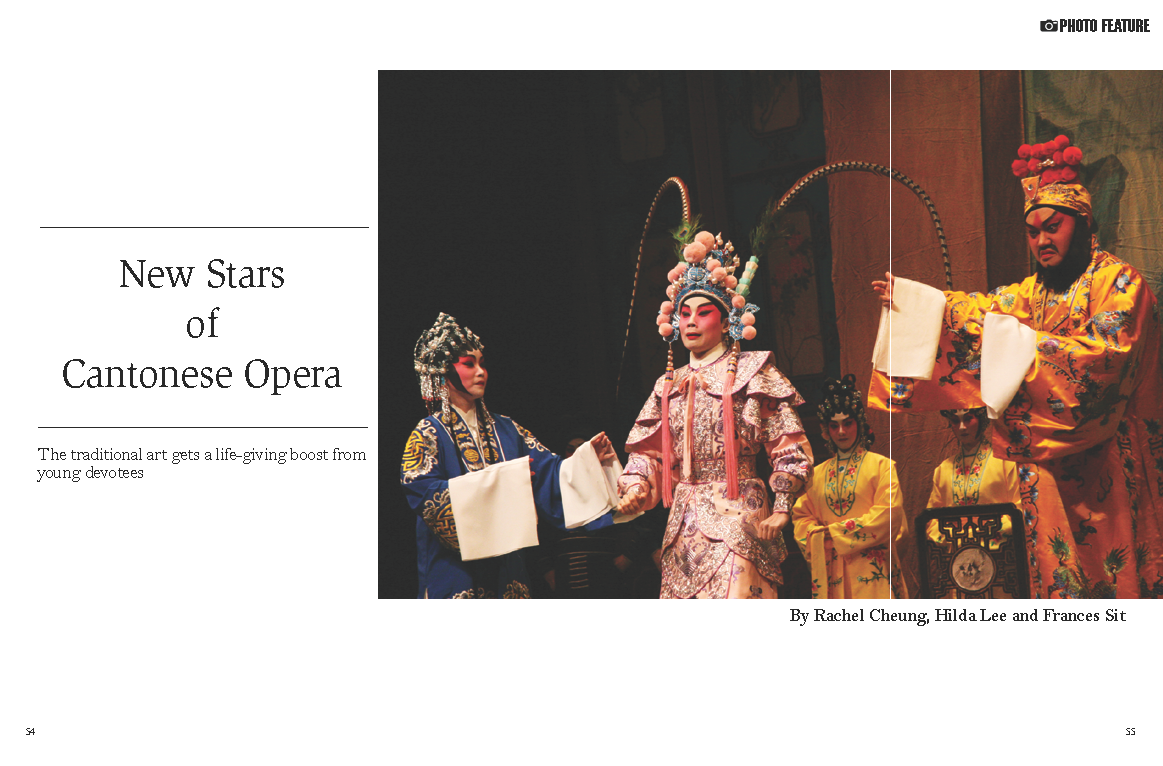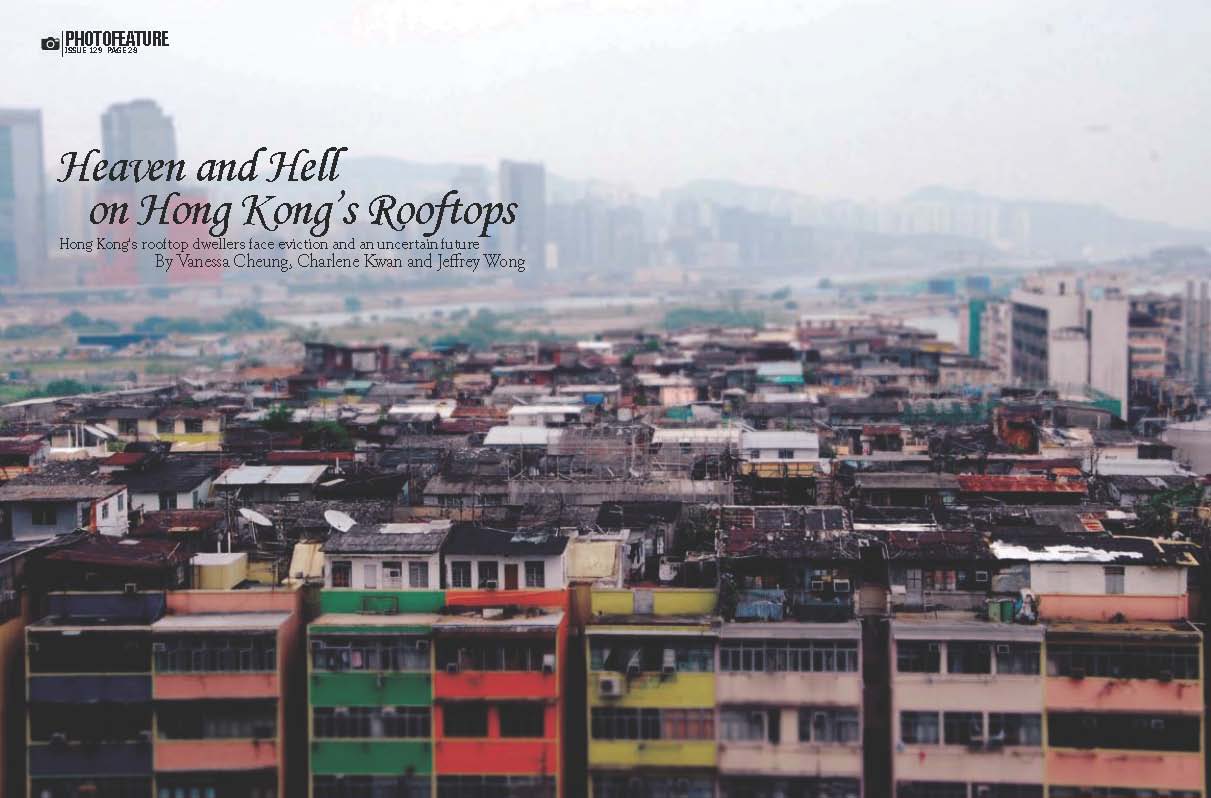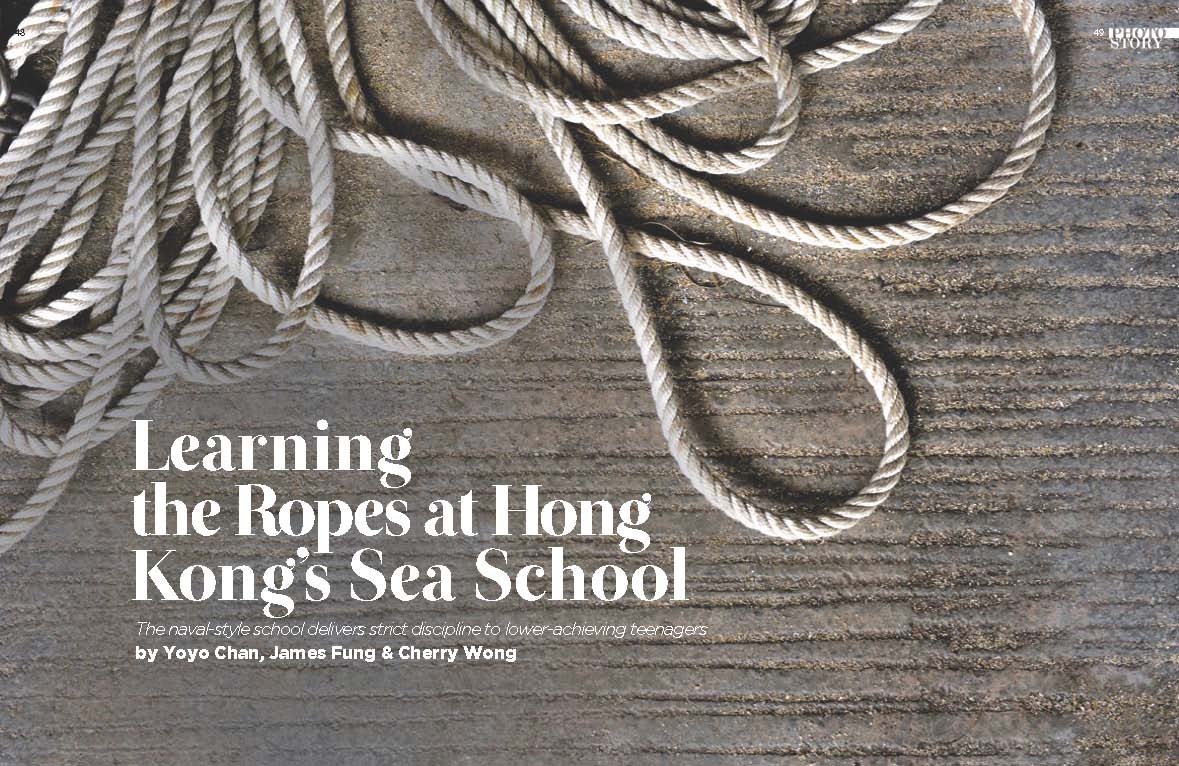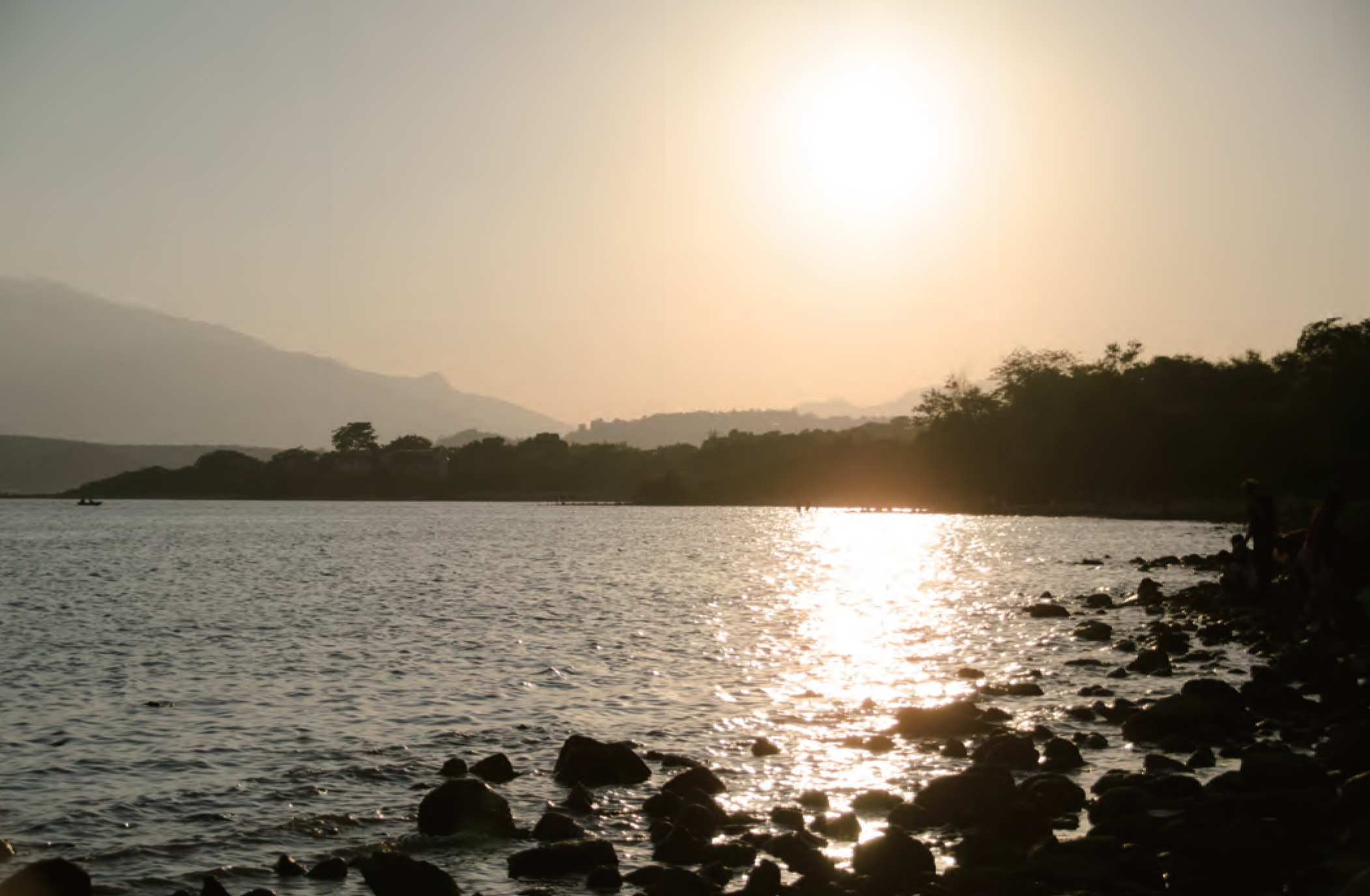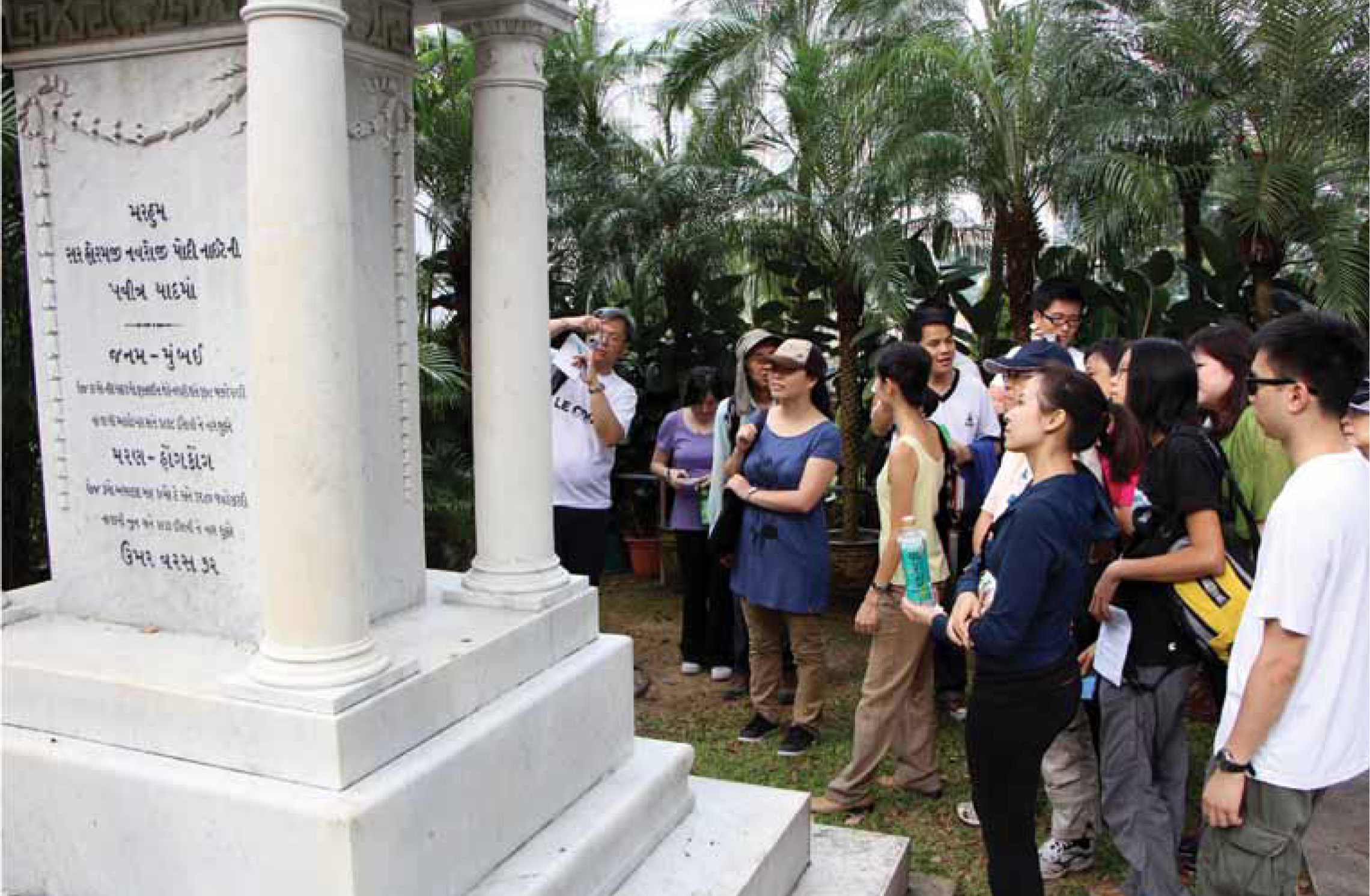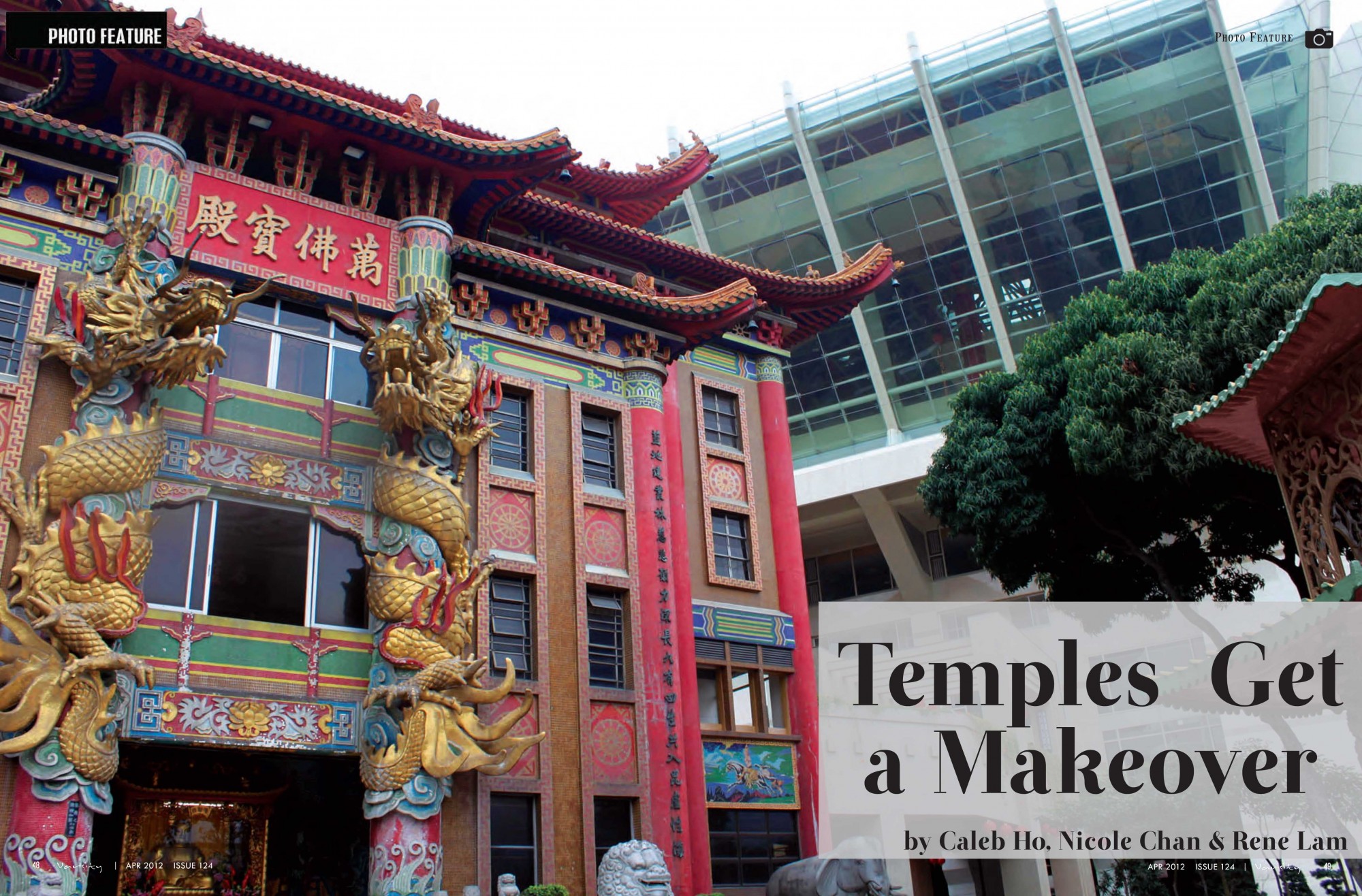The shipbuilding industry in Hong Kong has long since said goodbye to its golden era. But the city's ship-builders have adapted to the times with a thriving yacht repair business. Varsity looks at the bonds between the shipbuilders, fostered over decades of working together and keeping the business afloat.
Kites - inexpensive to buy or make and fun to fly - were once a familiar sight above the rooftops of urban Hong Kong. But as the city's skyline grew higher and regulations to protect air traffic were introduced, they began to disappear from the city's skies. Varsity looks at Hong Kong's kite-flying culture and talks to those who are still holding on to this aspect of our collective memory.
Yim Tin Tsai is a village on an island off Sai Kung with a rich Hakka and Catholic history, which was left abandoned for decades. Now, plans are afoot to revive the village and to replace the long neglected salt pans to produce salt, once the mainstay of the village economy.
No longer considered a pastime for the elderly, Cantonese Opera is finding a new generation of devotees. Varsity meets the young Cantonese Opera performers who are spearheading the revival of a tradition that has been recognised by UNESCO as an intangible cultural heritage of humanity.
For some, they are like squalid shanty towns. For others, they are rooftop sanctuaries - a home to call one's own. But one thing they share, is that residents of Hong Kong's illegal rooftop huts face an uncertain future in the face of redevelopment and eviction. Varsity captures scenes from life at the top.
Imagine living by the beach in Stanley and practising canoeing and windsurfing as part of your school sports activities. This is not just the preserve of the rich and privileged elite, but also for the boys from the Hong Kong Sea School. Students at the school are mainly academically lower-achieving boys from underprivileged backgrounds. The school's maritime-based curriculum and strict discipline are designed to train them jobs in the maritime and hospitality industries.
In our city of skyscrapers, many people might be surprised to learn that many relics from World War II still survive. Without proper heritage protection, many of these historical structures are slowly eroding or being reclaimed by nature. With their deterioration and the passing of veterans who fought in the war, an important part of Hong Kong's history is fading away.
Environmentalists and ordinary members of the public have been flocking to Lung Mei Beach before the government implement plans to turn the strip of Tai Po coastline into an artificial swimming beach. As one last-ditch attempt to save the strip, which is abundant with marine life, follows another, people are appreciating the wildlife and saying goodbye, perhaps for one last time.
Hong Kong is a fast-changing city, where malls, residential blocks and entire neighbourhoods seem to transform constantly but there are some corners of the territory that have remained almost unchanged for more than a century. The cemeteries of Happy Valley are an open history book telling the stories of old Hong Kong and the different communities that turned it from a sleepy fishing village into a city on the doorstep of China.
Some of Hong Kong's temples have swapped dark smoky interiors for clean marble, LED lights and airy glass walls. They want to provide a tranquil setting for spiritual reflection but devotees seem to have mixed feelings about worship in these modern shrines.





































